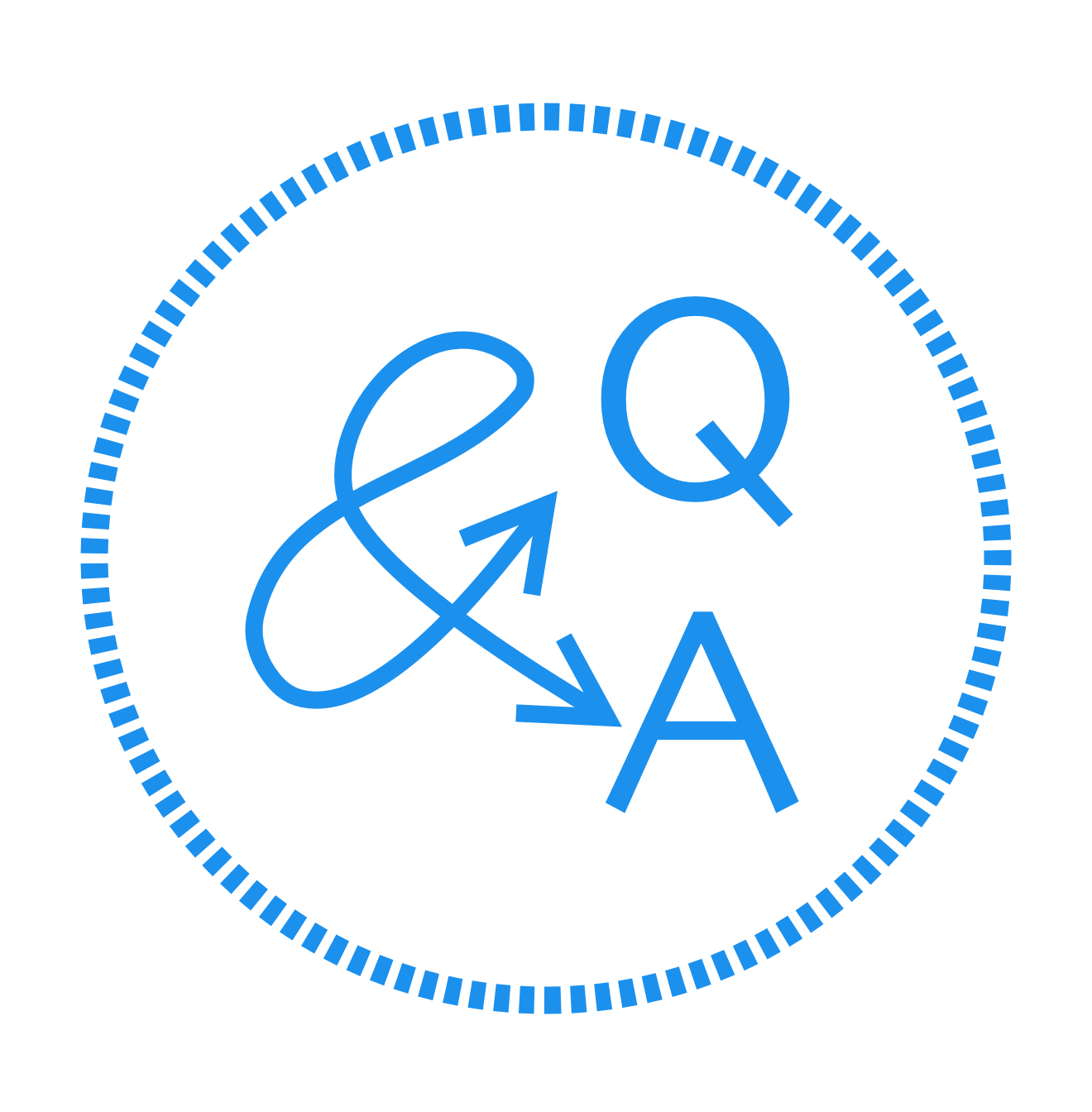
#14 | Artificial Deadlines
What’s an artificial deadline?
It’s an artificial deadline when there are no meaningful consequences of missing the deadline. Meaningful is subjective.
There are some other terms used to describe the same concept e.g. false deadline or soft deadline.
How do artificial deadlines come about?
Probably because the deadline was chosen arbitrarily. For instance a team thinks it would be nice for the work to be complete quickly but in reality the work is less urgent.
Or there is a concern that the work won’t be complete by the true deadline so an earlier deadline is chosen in an attempt to reduce risk.
Or the project is just poorly planned and the deadline is unrealistic.
Why is an artificial deadline a bad thing?
It’s leads to unnecessary rushing that causes:
-
Bad assumptions.
-
Corners being cut and unnecessary technical debt.
-
Unnecessary stress for the team.
-
A distraction from more important work.
These can become a vicious cycle.
Is it ever a good thing?
Probably not.
So I should never do any work until just before the true deadline?
No, it’s very healthy to start work early and well in advance of a deadline. It creates space for review and refinement without the pressure. You should not rush.
How can I avoid an artificial deadline?
-
Figure out the true deadline by thinking critically and asking thoughtful questions. Everyone needs to agree.
-
Break down the work into smaller chunks so that value is delivered incrementally every few weeks rather than in one big chunk. This can remove the concept of a deadline entirely.
-
Fix time rather than work when planning. E.g. budget 6 weeks of time and then figure out what can be achieved in those 6 weeks. This is something 37signals advocate.
